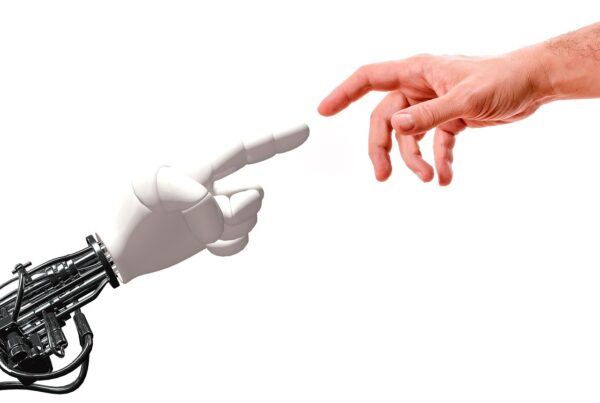The Knowledge Worker
The term knowledge worker is commonly used in today’s workplace to describe individuals who work and communicate knowledge in a certain subject area. As originally coined in 1959 by Martin Fergrino, it meant one who works primarily with information or one who develops or uses knowledge in the workplace. In this book I use the terms work-shifter, telecommuter, virtual worker, and PJ worker interchangeably to mean: a person who uses digitally mediated communications to work, play and learn online. I also use the terms virtual office and digital office interchangeably to describe where the virtual worker “works.”
The changes affecting our global workforce are broader in scope than just the change from factory worker to knowledge worker. Because we have gone from stationary to mobile and from analogue to digital, the make-up of the global workforce has rapidly changed. Many digital immigrants now find themselves in outdated jobs, and are pushed to go back into a job market dominated by technology. Digital immigrants by definition are all the folks who were born before the PC age, even if they owned the original Atari or played Pac-Man or Pong. Unless they update their skills, these digital immigrants stand no chance when competing in the job market with digital natives, who were born surrounded by digital technology. Digital natives work online, they live online, and they socialize online. They expect technologies to be a part of how they live, work and play. They simply do not know life without digital connectivity.
Even though the majority of workers today still work in a traditional office, more people find themselves work shifting. When Woody Leonard in 1995 said, “work is something you do, not something you travel to,” he probably realized that what affects the bottom line of a business is that the job gets done, regardless of location. The terms telecommuting and telecommute were first used by Jack Niles in 1973. Today, telecommuters may work from home a few hours per week or the entire week, you may or may not work in their pajamas, you may or may not have to collaborate with someone in a different time zone, but the effect is the same. You are working remotely and you live by connecting in the virtual world.
You are not in a physical location provided for and directly controlled by your employer. You work from home, the bus, or on the train. You use text, chat, conference calls and virtual meeting applications. They work at coffee shops, bus stations and soccer games. The daily commute to a physical location is replaced by technologies. The environment that you work in is changed and is very different than that of the traditional office. The effect of all these changes are felt in the way you work, play, and learn.
“Virtual” means that people are functioning in cyberspace in one way or another. You live, work and play in a world connected by digital communications that does not require you to meet face to face in order to conduct business or maintain social relationships. In the virtual world, telecommuting, online courses and Internet commerce are the norm. Society at large has been transformed by the new methods of communication, and now there are critical behavioral components necessary for success in this digitally connected environment.
Because the global economic infrastructure is interconnected, dramatic changes in the way we work has rapidly spread regardless of industry. Businesses who fail to adapt to the changes brought about by technology will find themselves unable to compete in the global marketplace, therefore rendering their products and services either outdated or altogether obsolete. The traditional office is no longer able to support the needs of a post-industrial business, and it certainly cannot sustain the development of innovative business models. The emergence of the digital office is an inevitable byproduct of digitally mediated communications.
While some may see the emergence of the digital office as annoying, scary or even as an unacceptable way of doing business, others embrace it as a “growing pain” that companies must experience in order to survive tough economic times and forge new markets in a global economy. Bottom line, organizations that do not embrace the forces of change will sooner or later be swept under it. #VirtualWork #PJEffect #RemoteWork





